If you have to take some kind of prescription (or even over-the-counter) drug, you’re probably aware that it could interact with other drugs. But what about food-medication interactions?
These types of interactions are more common than you might think. Even otherwise healthy foods can cause problems when taken with a certain medication. And the risks of the wrong combination range from reduced effectiveness of the drug you’re taking to truly harmful side effects.
Specifics on food/drug combos to avoid are often buried in the information packet that came with the drug (which you probably should read). To help you have more awareness of potentially dangerous interactions, here are some of the most common food and medicine pairings to steer clear of.
Food-Medication Interactions to Avoid
Leafy Greens & Warfarin
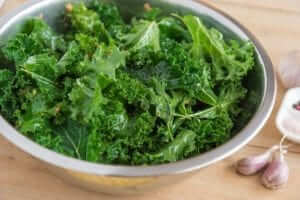
Warfarin is a blood-thinning (anticoagulant) drug that goes by brand names like Jantoven and Coumadin. Because the purpose of this medication is to thin blood, excess amounts of vitamin K— a nutrient that promotes blood clotting— could lessen its effectiveness.
Leafy greens, like kale and spinach, are particularly rich in vitamin K, which is why you don’t want to overdo them.
However, experts caution that those taking warfarin shouldn’t avoid vitamin K completely but rather maintain a consistent intake of it. So, you don’t want to suddenly add a bunch of greens to your diet, but you may be able to regularly eat smaller amounts.
(Note: The above also applies if you are taking aspirin specifically for its blood-thinning effects.)
Dairy/Calcium & Certain Antibiotics
Eating dairy (yogurt, cheese, milk, etc.) before you take an antibiotic might reduce its effectiveness. This is mainly due to the calcium content of dairy products, which binds to the antibiotic and interferes with its absorption.
This means that other calcium-rich foods— as well as supplements high in calcium— can also be problematic. In general, avoid eating or taking anything high in calcium 1-2 hours before taking your antibiotic or less than 2 hours after.
Also, keep in mind that this doesn’t apply to all antibiotics. Calcium mainly affects quinolone antibiotics (ciprofloxacin, levofloxacin, etc.) and tetracycline antibiotics (doxycycline, minocycline, and tetracycline).
Grapefruit & Statins or Calcium Channel Blockers
Strangely enough, grapefruit is one of the more common foods to cause a medication interaction. It inhibits a specific enzyme that normally helps metabolize drugs, causing a potentially dangerous buildup of the drug in your system.
The effects of grapefruit are mainly connected to cholesterol-lowering statins (brand names Lipitor, Zocor, etc.) and calcium channel blockers for high blood pressure (brand names Plendil, Procardia, etc.). It may also interact with benzodiazepines, cyclosporine (an immunosuppressant), and some depression medications.
Other citrus fruits don’t appear to have the same effect, so you can safely switch to oranges.
Alcohol & Acetaminophen (Tylenol)

Acetaminophen (brand name Tylenol) and alcohol both impact your liver. Taking/consuming either one on its own for a long period of time can cause liver damage, which means that combining them may accelerate this process.
In most cases, occasionally taking a Tylenol alongside alcohol won’t do much harm or cause immediate damage. The risks are highest for those who take acetaminophen daily and also drink regularly.
However, some factors like having liver failure, binge drinking, or regularly consuming large amounts of alcohol make a dangerous interaction more likely.
Fermented, Cured, or Aged Foods & MAOIs
Monoamine oxidase inhibitors (MAOIs) are a class of drugs used as antidepressants. They include brand name medications like Marplan, Nardil, and Emsam.
Because of the way they work in your body, MAOIs can cause a problem when combined with high-tyramine foods. Tyramine is an amino acid involved in blood pressure regulation. If it accumulates— which can happen in the presence of MAOIs— a dangerous increase in blood pressure can be triggered.
Fortunately, MAOIs aren’t prescribed as much as they used to be. But if you take one, restrict tyramine-rich foods like aged cheeses, anything fermented, red wine, cured meat, brewer’s yeast, and soy products.
Alcohol & Metronidazole
Another food (or drink) and medication interaction you really want to avoid is alcohol and metronidazole.
Metronidazole (brand name Flagyl) is an antibiotic used to treat bacterial vaginosis and other infections. Side effects of the medication already include nausea, vomiting, and general digestive upset. However, when taken alongside alcohol, these symptoms can become much more unpleasant, and you may experience severe vomiting.
To be on the safe side, wait about 48 hours after taking metronidazole to drink alcohol.
Bananas/Potassium & ACE Inhibitors

Angiotensin-converting-enzyme (ACE) inhibitors are mainly used for the treatment of high blood pressure. They include brand name drugs like Capoten and Lotensin and work by blocking an enzyme that raises blood pressure.
ACE inhibitors can interfere with how your body retains potassium (and sodium). A condition known as hyperkalemia, meaning too much potassium in the blood, is of particular concern when taking them.
This means that consuming lots of potassium-rich foods— bananas, avocados, etc.— may cause problems if you are on an ACE inhibitor.
The biggest risks are for those with chronic kidney disease. Others may not need to be as concerned with potassium intake, though some experts recommend a cap of 2,000 mg per day. (Talk with your own health expert for more specific guidelines.)
Fruit Juice & Blood Pressure Medication
As mentioned earlier, grapefruit juice and calcium channel blockers (a common type of blood pressure medicine) don’t mix. You run the risk of the drug accumulating in your system, increasing your chance of harmful side effects.
Apple juice and orange juice can also interact with other types of blood pressure medication. Specifically, they may decrease the effects of the beta blocker atenolol (brand name Tenormin) and the renin inhibitor aliskiren (brand name Tekturna).
With the exception of grapefruit, whole fruits don’t seem to have the same food-medication interactions as the juice does.
Fruit Juice & Antihistamines or Antibiotics
Fruit juice can (for reasons still unknown) impact the effectiveness of other medications, too.
One example is the antihistamine fexofenadine (brand name Allegra), which is sensitive to more acidic juices like grapefruit, orange, and apple juice. These juices interfere with the absorption of the antihistamine, making it less effective. The good news is you can still drink them as long as you do so 2-4 hours before/after taking the pill.
Fruit juice can also make certain antibiotics, including ciprofloxacin and penicillin, less effective.
The list goes on, so it’s worth checking for a possible juice interaction with any medication you are taking.
Alcohol & SSRIs

Selective serotonin reuptake inhibitors (SSRIs) are a type of antidepressant. They are currently prescribed more frequently than the MAOIs mentioned earlier and include brand name drugs like Prozac and Zoloft.
In general, combining alcohol and antidepressants is not a good idea because this pairing can worsen depression symptoms. Alcohol may also impact the effectiveness of your medication and potentially increase the chance of side effects.
With SSRIs, there’s already a risk of stomach ulcers or gastrointestinal bleeding, and it only increases once alcohol is added to the mix. (Note: NSAIDs can also increase bleeding risk when combined with SSRIs.)
High-Fiber Foods & Levothyroxine or Digoxin
Generally speaking, fiber-rich foods are some of the healthiest you can eat. However, this type of food can have an interaction with a few medications and make them less effective.
The two most notable mentions for this scenario are levothyroxine (a drug for hypothyroidism) and digoxin (a drug for heart failure). They go by brand names like Synthroid (levothyroxine) and Lanoxin (digoxin).
Essentially, consuming these medications with a large amount of fiber slows their absorption and may interfere with their effectiveness. However, you don’t need to (and shouldn’t!) give up fiber altogether. Just be sure you consume a high-fiber meal or snack 2 hours before or after taking these medications.
Any Type of Food & Hypothyroid Medication
Some drugs just don’t do well in combination with any food or drink. This is the case with levothyroxine (brand name Synthroid), which is the standard medication for an underactive thyroid (i.e., hypothyroidism).
As mentioned in the previous section, high-fiber foods can particularly slow the absorption of levothyroxine and reduce its effectiveness. However, other foods and nutrients (calcium, iron) can have the same effect— as can beverages, especially those containing caffeine.
Because of this, the instructions for levothyroxine usually state that it should be taken first thing in the morning, 30-60 minutes before eating.
Not Enough Food & Ziprasidone
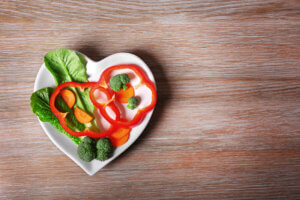
While food may impair the absorption of certain medications, it has a beneficial effect on others.
In some instances, food helps decrease the stomach-irritating effects of drugs. This is true for corticosteroids, NSAIDs, and some antibiotics, which are all known to cause digestive upset. (Especially be sure to take these medications with food if you have a sensitive stomach.)
In other cases, food improves the absorption of the drug you are taking. A good example of this is ziprasidone (brand name Geodon), an antipsychotic used for bipolar disorder and schizophrenia. Studies have shown that eating it with a medium-calorie meal versus a low-calorie meal improves absorption.
Licorice & Spironolactone or Digoxin
Licorice is an herb/food with a few medication interactions. It contains a component known as glycyrrhizic acid that can increase blood pressure and decrease potassium levels when consumed in large amounts or for a long period of time.
With that in mind, you’ll want to use caution when eating it alongside any drug that affects your blood pressure or potassium levels.
Two specific examples are spironolactone (brand name Aldactone), which is a diuretic, and digoxin (brand name Lanoxin), which is a heart medication. Both are known to interact with licorice, potentially leading to some serious side effects.
(Note: Many “licorice” products in the U.S. are flavored to taste like licorice. The above only applies to real licorice root.)
Alcohol & Insulin or Diabetic Pills
Drinking alcohol while taking insulin or oral diabetic pills, particularly sulfonylureas, can result in harmfully low blood sugar levels.
This mainly happens because alcohol prolongs the effects of these specific drugs, meaning they lower blood sugar more than intended. Also, alcohol is metabolized by your liver, and this process can slow down your liver’s efforts to correct blood sugar.
Avoiding alcohol entirely while taking diabetic medication isn’t a bad idea. However, the effects are often worse if you drink on an empty stomach rather than with food.
Alcohol & Stimulants (or Most Other Drugs)
You may have realized that alcohol shows up quite frequently on this last— and that’s no mistake. Overall, it’s one of the worst substances you can take alongside a prescription or OTC medication because it interferes with quite a few drugs.
In the case of prescription stimulants, you might not realize how intoxicated you are when drinking alcohol. Combining the two also increases your risk of cardiovascular toxicity, which includes raising the risk of a heart attack.
The bottom line is that it’s best to avoid alcohol in combination with any medication— and especially stimulants.
Caution About Fortified Foods
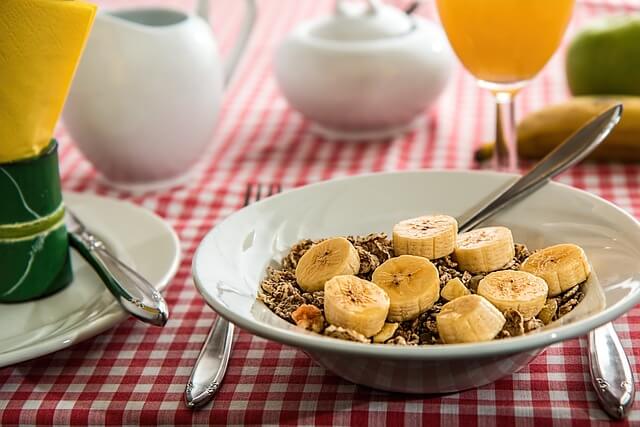
Now that you know some specific food-medication interactions to avoid, here’s another note of caution: Don’t overlook fortified foods.
Certain nutrients— most notably calcium and iron— can impair the absorption of certain drugs (this should be listed on the info packet). You may be thinking you are avoiding this interaction, but calcium and other nutrients are often added to foods or drinks in the U.S.
This includes fortified cereals, some fruit juices, plant-based milks, and snack bars.
Look at your diet for possible fortified foods and be sure to take them into account where your medication is concerned. Also, don’t forget to consider any supplements, including a multivitamin, you are taking that have calcium, iron, etc.
Avoid Toxic Food-Medication Interactions
Many medications already have side effects, and you don’t want to make things worse by combining them with the wrong food (or beverage). You now have a list of some of the more common interactions to avoid, but it’s impossible to cover every single possibility.
Be sure you read the label and package insert for any medication you’re taking to get more specific details on potential interactions. And always ask a health expert for personalized advice as needed.
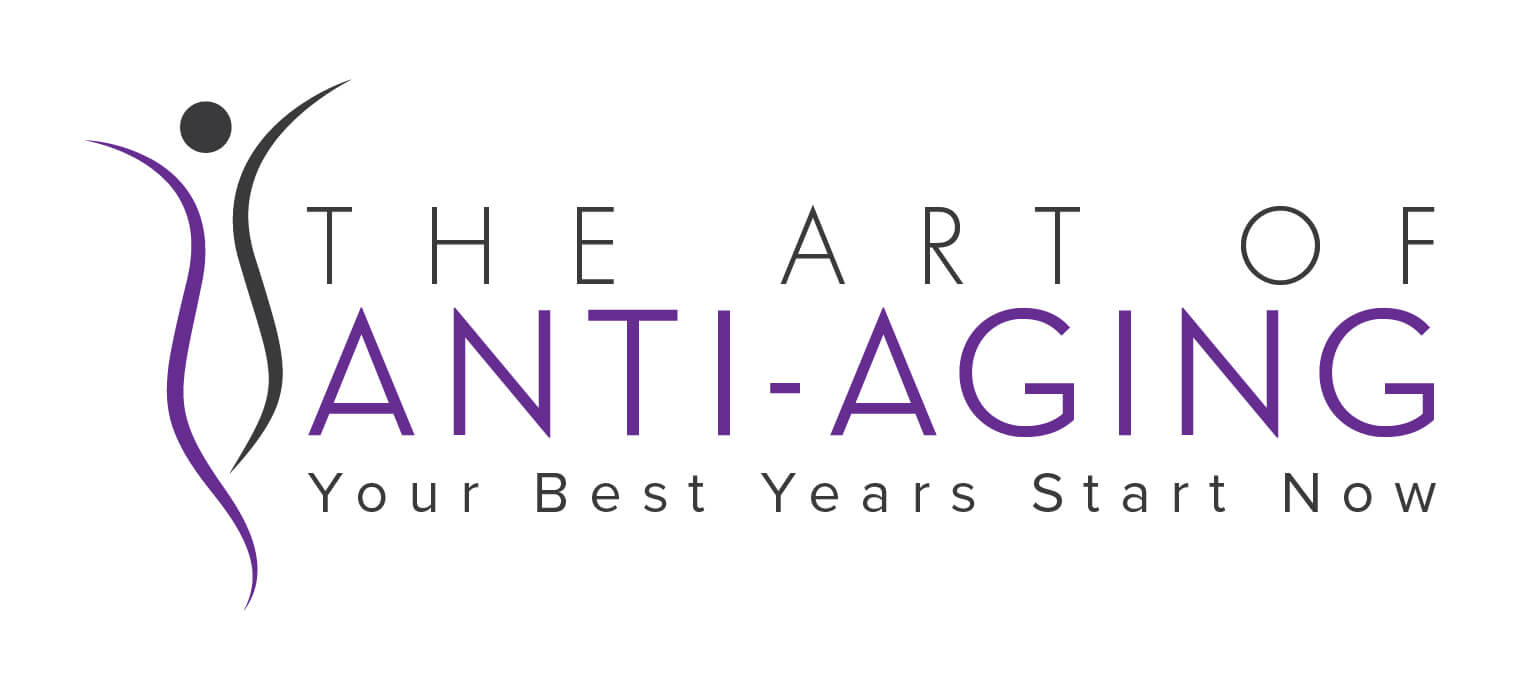

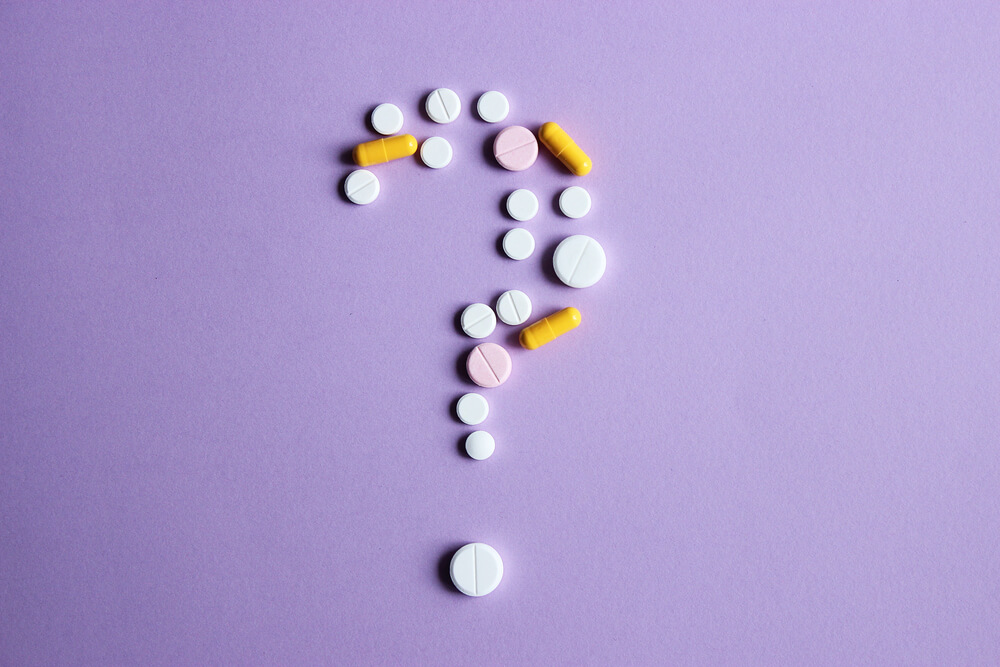
I sure do appreciate this important information, thank you!
Thank you for the above info regarding interactions with medications that I also take!
I make it a practice to look up sides effects of any new meds & any interactions BUT you have included many foods into the equation!
One last thought: I have had a genetic testing of 4 genes & discovered many meds that my body does not metabolize therefore they are potentially lethal!
To whom it may concern: I would add genetic testing for possible medications that are potentially lethal to your body! My body told me about statins but the genetic test gave me scientific proof!
I also do not genetically metabolize opioids & other pain meds! The pain meds did NOT work on my pain after hip replacement surgery! This experience solved the mystery in my mind how or why seniors were overdosing & dying from pain meds! They do not work so they take MORE pain meds continually not realizing their body is not metabolizing them & the accumulation triggers their death. Sad but possibly true⁉️